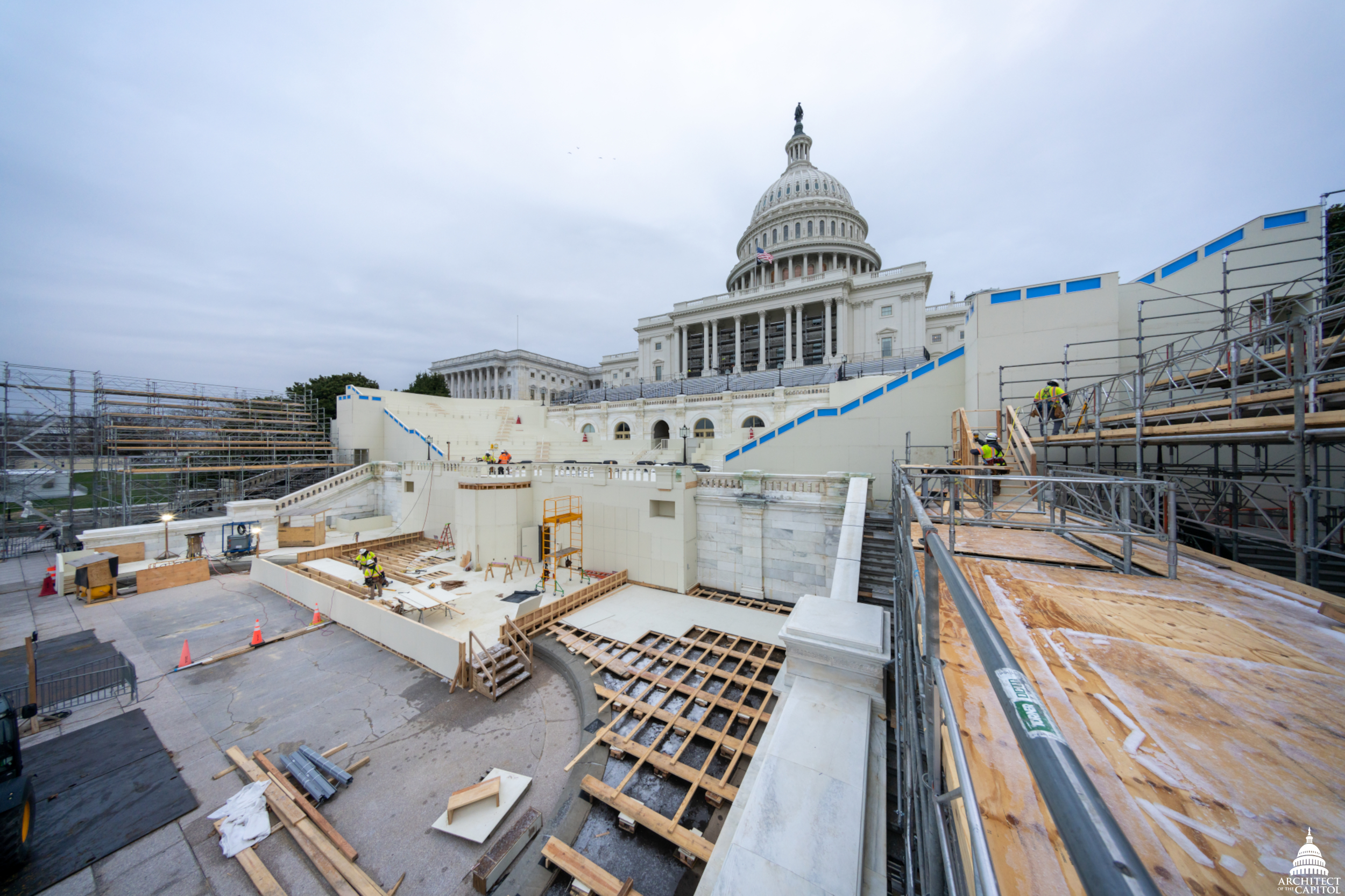Articles
Jo Freeman: There’s Plenty To Do at the RNC – If You Have the Right Credentials
by Jo Freeman
Every national nominating convention has plenty of auxiliary events, some authorized, some not. Getting space can be a challenge; getting the word out even more so. But they do it nonetheless. Press were given a RNC 2024 Master Event Calendar, which was updated a few days later. Events began on Sunday and ended on Thursday. The actual convention sessions were just one item on the list. The calendar said if an event was Open or Closed to press, and also whom to contact to register. I’m going to describe some of the events, including a couple I went to, and a couple I was turned away from.
Since my focus is on women, I obviously wanted to go to those events – if I could.
The National Federation of Republican Women is the largest grassroots Republican women's organization in the country with hundreds of clubs. Founded in 1938, its members made the phone calls and knocked on the doors that elected Republican candidates for decades. It’s Tuesday luncheon featured Arkansas Governor Sarah Sanders. The Master Calendar said it was SOLD OUT and they wouldn’t let me in. I was able to get into their lounge at the Fiserv Forum Wednesday evening, where I was repeatedly asked if I was a member, and if not, would I join. “I’m press,” I said. “I can’t join anything partisan.” I then said: “What brings you here?” On hearing that, finding anyone willing to chat with me was like pulling teeth.
Moms for Liberty met in a concert hall that afternoon. I had pre-registered, and I got in. From high in a balcony seat I listened to several people talk about the evils of transgenderism. It’s webpage says WE BELIEVE Power Belongs to the People. Sound Familiar? With a focus is on parental rights, it wants to “STOP WOKE indoctrination.”
Tuesday I went to “The New Mavericks” reception co-hosted by the Black Republican Mayors Association and the Georgia Republican Party. They honored Sen. Tim Scott, four Congressmen and two Georgia delegates – all male. There was only one mayor on stage, from Aurora, IL. The chair of the Georgia Republican Party was the one white man on the stage. At that event, women served; they didn’t speak. The RNC reported that 55 delegates to the 2024 convention are Black, up from 18 in 2016.
I missed the Independent Women’s Forum toast to “Women Who Make Our Country Great” because I went to Convention Fest: The Official Delegate Experience, which was held in the streets outside the Fiserve Forum and Baird Hall as well as some space inside Baird. To get to that one you not only needed a credential of some sort, but a USSS pass (which I have).
Concerned Women for America parked its pink bus across from the Baird Center the week before the RNC. No one was home. When Convention Fest opened on Tuesday afternoon, they set up a pink tent, from which its leaders preached to whomever passed by. It calls itself “the nation’s largest public policy women’s organization” but its focus is evangelical Christian. The slogan on the side of its pink bus captures this emphasis: “She Prays, She Votes.” A prayer precedes each sermon.
 Jo Freeman writes: The Wall that Trump Built
Jo Freeman writes: The Wall that Trump Built
Jo Freeman Writes: The press said there were 25,000 members of the National Guard in town. I believe it. They were everywhere. The day before the inauguration, chartered busses were bringing them in in droves. Some individuals were friendly. Some just wanted me to scoot. I’ve been to half a dozen inaugurations, though I only had press credentials for 1993. Usually you can find someplace from which to watch the parade. This year I watched it all on TV. Overall, law enforcement went from under-response to the January 6 riot to over-reaction. They closed things down as though they were expecting an armed invasion and not just a few hundred cult fanatics. more »
 Jo Freeman's Review of Gil Venable's Mississippi & After: A Life in Equal Justice Law
Jo Freeman's Review of Gil Venable's Mississippi & After: A Life in Equal Justice Law
There were only three black lawyers in the entire state of Mississippi and white lawyers wouldn’t take these cases. They were assisted by law students, for which this was a summer job. Gil was one of those students, having completed his first year at the University of Pittsburgh Law School. He returned committed to becoming a public interest lawyer. He joined the Pittsburgh ACLU, and after graduation, became its first executive director. About a quarter of the book is about his work with the ACLU. In 1970 Gil moved to Arizona to become Assistant Dean of the ASU law school. He stayed to raise a family while involved with social justice issues. This book tells you about more than his legal work. You learn a lot about his ancestors and his girlfriends. more »
 The GAO Finds: Elder Financial Exploitation — The Fraudulent or IIlegal Use of An Older Adult's Funds or Property — Has Far-reaching Effects on Victims and Society
The GAO Finds: Elder Financial Exploitation — The Fraudulent or IIlegal Use of An Older Adult's Funds or Property — Has Far-reaching Effects on Victims and Society
The Consumer Financial Protection Bureau found actual losses and attempts at elder financial exploitation reported by financial institutions nationwide were $1.7 billion in 2017... studies published from 2016 to 2020 from three states — New York, Pennsylvania, and Virginia — estimated the costs of financial exploitation could be more than $1 billion in each state alone. HHS does not currently ask states to submit cost data from APS casefiles to NAMRS, though officials said they have begun to reevaluate NAMRS with state APS agencies and other interested parties, including researchers, and may consider asking states to submit cost data moving forward. Adding cost data to NAMRS could make a valuable contribution to the national picture of the cost of financial exploitation. Recognizing the importance of these data, some APS officials GAO interviewed said their states have developed new data fields or other tools to help caseworkers collect and track cost data more systematically. more »
 Even Though the Room Is Full, They Are “The Only One in the Room”; Eight Women Across 3 Centuries in Smithsonian Exhibit
Even Though the Room Is Full, They Are “The Only One in the Room”; Eight Women Across 3 Centuries in Smithsonian Exhibit
Carving out a successful career in business and entrepreneurship is tough, but for women, rising to the top of their fields is even tougher. Those who do reach this pinnacle often find that they are the only woman in the room. The Smithsonian’s National Museum of American History features eight such women in its display, “The Only One in the Room.” This “New Perspectives” case will be on view in the museum’s business history exhibition, “American Enterprise,” through November 2021. The display will explore the stories of women who made a mark in their respective industries, including banking, beauty, advertising and manufacturing, and examine the obstacles they faced and the context of the times in which they lived. more »






